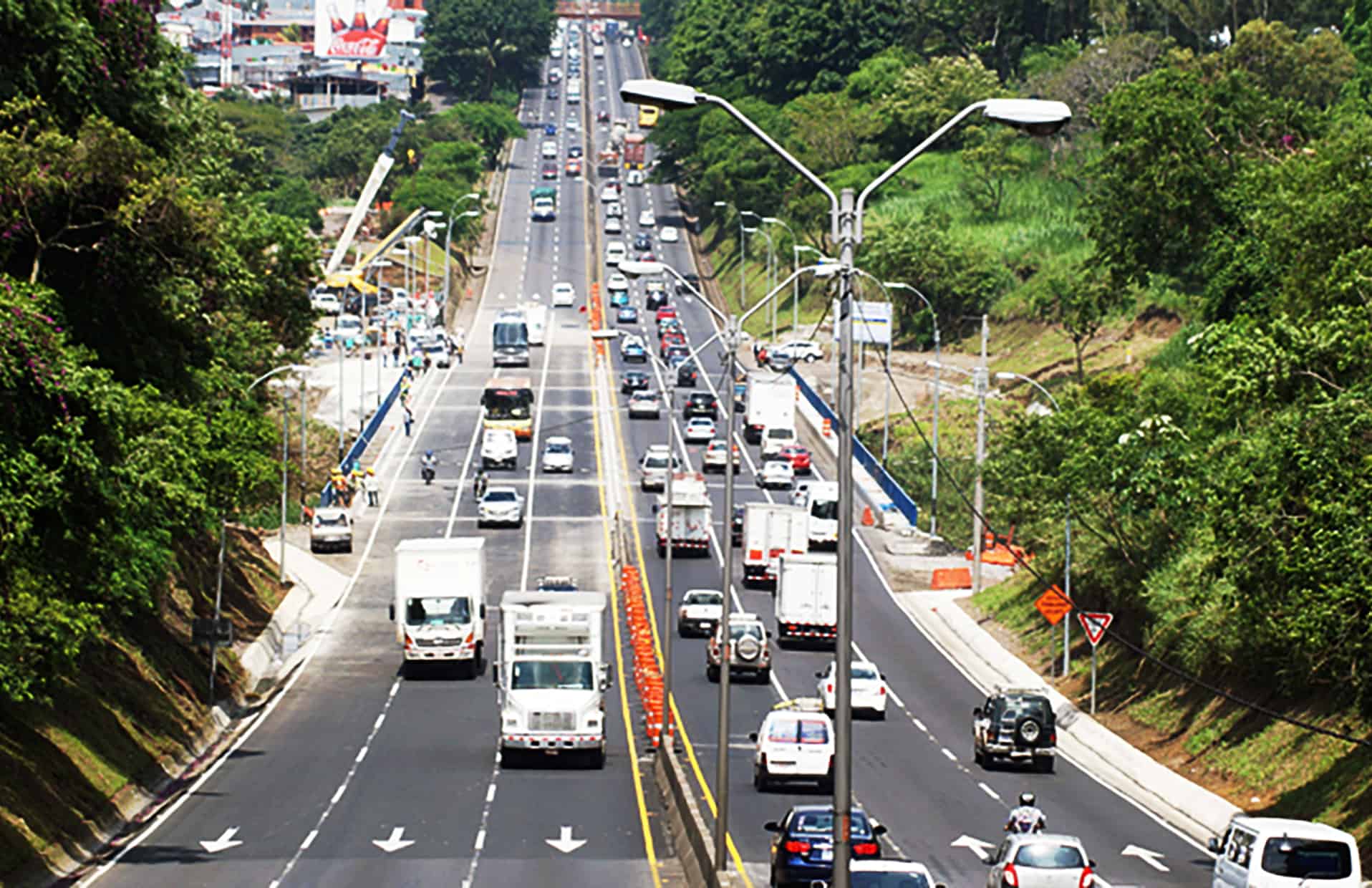STILL WAITING IN LINE AT COSEVI — It truly is a remarkable feat to create a service that is an objectively worse experience than a trip to the DMV.
So congratulations are in order to Costa Rica for the absurd process that is homologation, or approval, of a foreign driver’s license in order to obtain a valid Costa Rican license.
On the surface, it all seems so simple. Your foreign license is valid in Costa Rica for three months. After that, you go to one of 13 Roadway Safety Council (COSEVI) locations and, for a small fee, receive a Costa Rican driver’s license of the same class and expiration date. But the nightmare is in the details.
I’ll start with perhaps the most illogical part of the whole affair: In order for your foreign driver’s license to qualify for homologation, you must have remained in Costa Rica for at least three months and one day. Remember, though, that a foreign license is only valid here for three months from the moment of your arrival. That means if you drive to COSEVI, you will be doing so with an invalid foreign license, which carries a fine of 52,227 colones (about $90).
COSEVI’s foreign-license-approval services are only available Tuesdays and Wednesdays from 7-11 a.m. Those hours are restrictive enough, but as it turns out, even arriving at 7 a.m. may result in an ordeal lasting well into the afternoon.
Frustrated yet?
It gets worse, as there is an extensive list of additional prerequisites and requirements.
- You must complete a medical exam, or dictamen médico, within the six months prior to visiting COSEVI. A number of clinics around COSEVI locations offer the service for 20,000 colones (about $35). After the exam, the doctor’s office will give you a unique code to access the results which you should bring to COSEVI.
- You must bring a photocopy of your unexpired foreign driver’s license. Bring the original as well.
- You must bring a photocopy of your residency card, or cédula. Bring the original as well.
- You must bring a photocopy of your passport. Bring the original as well. Your passport must show you’ve been in the country for three months and one day, uninterrupted.
- Bring money. The homologation of a foreign license costs 5,000 colones (about $8.50).
- Bring patience, and a lot of it.
I arrived with a friend at COSEVI in San José (Uruca) just after 7 a.m. on Wednesday. We had heard rumors of people lining up as early as 5 a.m. but figured waking up at a reasonable hour would be worth a few extra minutes in line. That was our first mistake.
The office that processes license homologation at COSEVI in Uruca is at the rear of the complex, past a soda and a large parking lot. When you get to the building, a security guard will point you to the right queue of seats. And then you will wait there for a long, long time.
There is no Wi-Fi. There is no air conditioning. There is no explanation for why you’ve been sitting for two hours without the line moving an inch. (There are also no bathrooms in the building, so you’ll have to leave, go next door, and hope your neighbor holds your spot.)
A guard calls five people at a time to go upstairs, presumably to validate your paperwork. I say “presumably” because, despite spending more than four hours at COSEVI on Wednesday, I never reached that step.
When we arrived at COSEVI, I had checked with an official to confirm we carried all the necessary documents. She asserted we had. But when my friend was finally summoned upstairs, the employee reviewing her U.S. license said we were missing an official translation of the license from the Foreign Ministry. After taking time off work and spending half the day in a motionless line, we left empty-handed and with the aggravating reassurance that we should try the whole ordeal again next week.
One more thing: The building’s interior is painted pink. My theory is COSEVI, knowing its byzantine processes cause extreme frustration, chose a color that supposedly has a calming effect.
It doesn’t work. I wish I were at the DMV.
Megan Morin contributed reporting from upstairs.






